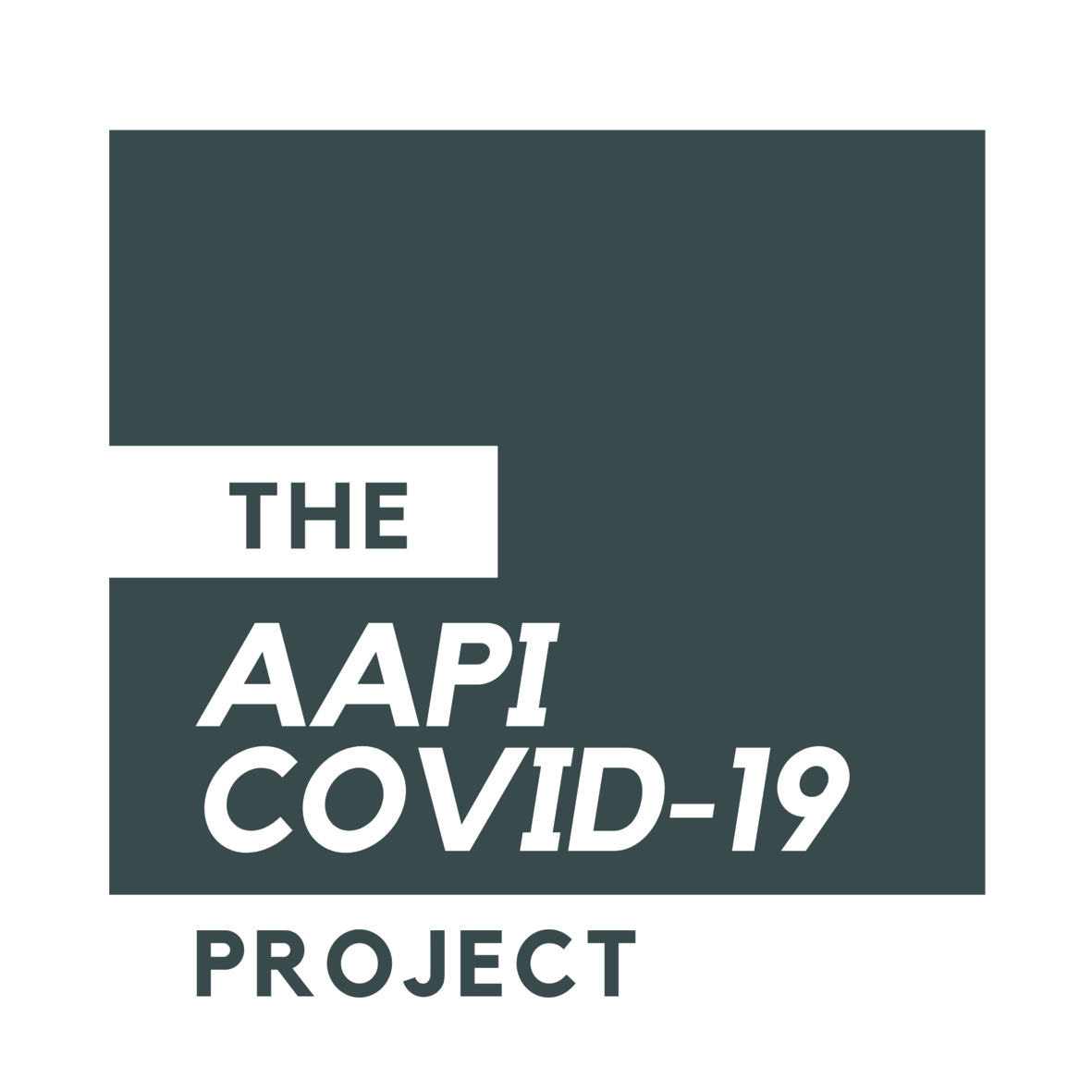Frequently Asked Questions
Who are you talking about when you say “A/AA & NHPI”?
Our project is interested in exploring the many ways that all Asians, Asian Americans, Native Hawaiian, and Pacific Islander communities are impacted by the ongoing COVID-19 pandemic in the United States. When we speak about A/AAs & NHPIs, our project refers to a broad, diverse group of over 50 ethnic groups. Our team values the specificities of experiences and perspectives from A/AAs and NHPIs who are often lumped together for the sake of public policy. We pay close attention to uncovering the intricacies of particular ethnic versus panethnic experiences of those in A/AA & NHPI communities.
While current media discourses focus on how racism and xenophobia are currently impacting Chinese Americans and individuals who appear to be of East Asian descent, our project is interested in how groups that are often placed at the periphery of scholarship about Asians and Asian Americans — namely Pacific Islanders and South Asians —are also affected by the racialized dimensions of the COVID-19 crisis. We also recognize the many ways that Native Hawaiians are negatively impacted by consistent erasure of their particular histories and experiences with settler colonialism that are inherently different than those in the A/AA demographic. We highlight and collaborate with NHPI researchers, organizations, and community members whenever possible.
Why is it called “The AAPI COVID-19 Project” if are examining A/AA and NHPI experiences during COVID-19?
The racialized demographic label of “AAPI (Asian American Pacific Islander)” also seen as “API (Asian Pacific Islander),” or “APIA (Asian Pacific Islander American),” has a sordid past marked by erasure. At the outset of building this research project, our team adopted a definition of “AAPI” that was inclusive of Asian Americans and Pacific Islanders as well as East Asian, Southeast Asian, and South Asian immigrants. As our work, and the pandemic, progressed, our team has decided to turn to using the acronym A/AA & NHPI to differentiate that these racialized groups (Asians and Asian Americans & Native Hawaiians and Pacific Islanders) have unique experiences, histories, and needs in the United States. We maintain the project title “The AAPI COVID-19 Project” to reference the acronym that is most widely used by public policy makers when referring to these panethnic groups.
How can I get involved in this research?
If you would like to participate in our survey and interview studies, please complete this brief preliminary survey to see if you are eligible. Eligible survey participants will each receive $5 and interview participants will each receive $20 as compensation for their time. Surveys and interviews will be conducted online.
If you or your organization would like to collaborate with our project, please contact us via email.
How is research data being collected and utilized?
Our project is currently recruiting for two studies: one on A/AA businesses and the economy, and another on A/AA families and young adults. Our project intends to expand beyond these studies to further capture the dynamic impacts of COVID-19 on A/AAs and on NHPIs. As we collect interview and survey data, we will be publishing on an ongoing basis. Such publications are dependent on where submitted articles are accepted for publication. The best way to keep track of the project is through our Twitter @aapi_covid19 and signing up for our mailing list on our website.
How is the AAPI COVID-19 Project funded?
We are currently funded by Harvard University and the Natural Hazards Center out of the University of Colorado at Boulder.
I or someone I know has experienced an act of anti-Asian racism in the wake of the COVID-19 pandemic and would like to report it. What should I do?
Stop AAPI Hate is collecting incidences of hate crimes against Asians, Asian Americans, Native Hawaiians, and Pacific Islanders. You may fill out one of their incidence forms on their website. Forms are currently translated into eleven different languages.

